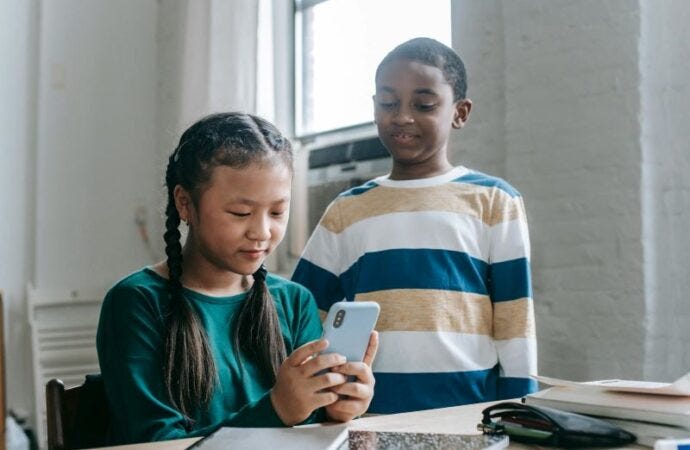Increasing active responding by polling
Could phones in schools actually be useful?
Educators say, almost as a matter of faith, that active responding is beneficial. To be sure, Dear Readers of Special Education Today might think about active responding differently. Some might envision “learning by doing” when they think of active responding. Others might say, “Oh yeah! frequent opportunities to respond.” Without going into the debate about whether “project-based learning” or “programmed instruction” is superior, let’s just stick with active responding for this post.1
In many instructional situations, few students actually answer teachers’ questions. As a consequence, teachers have little information about whether each and every student—especially the most vulnerable, which would include students who have disabilities—has learned the content or skill being taught. A potentially valuable alternative is to ask each and every student to answer questions. Then the teacher can tell which students are getting it and who’s not getting it.2

How could teachers get these data on the fly? Well there’s round-robin questioning…randomly questioning students for answers…choral answering…asking the lowest performers (and assuming that the higher performers get it if the low kids do…response boards….


